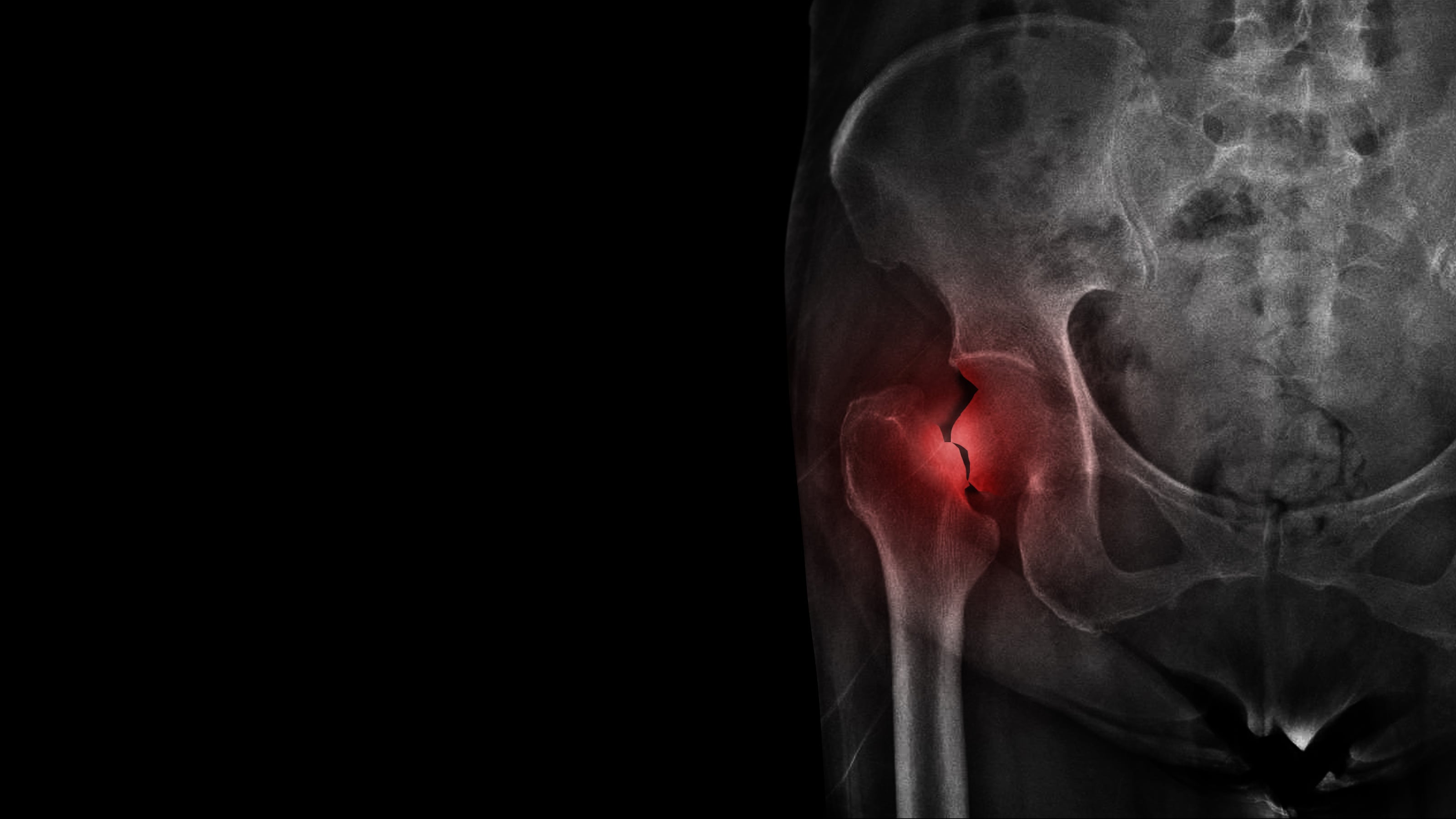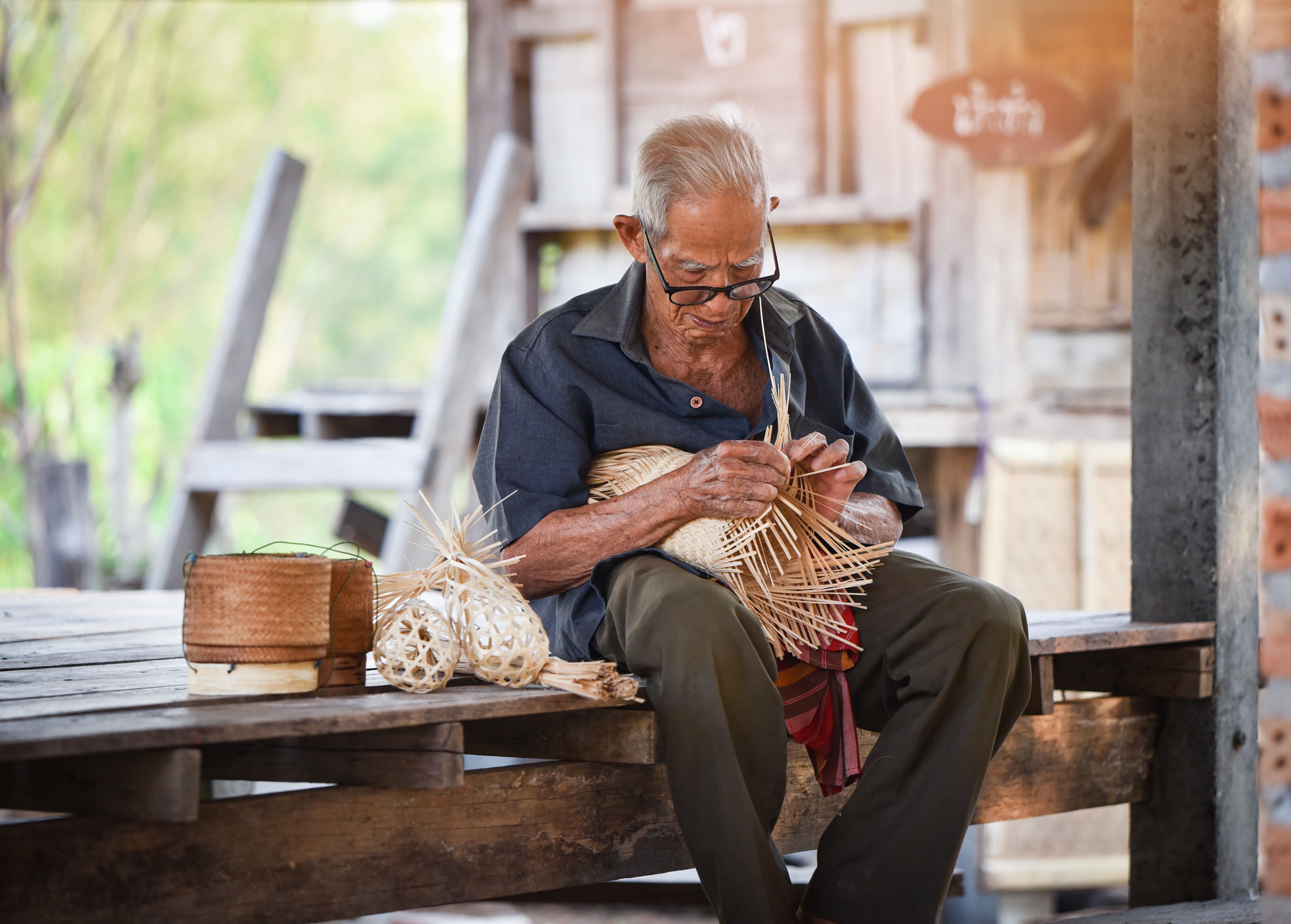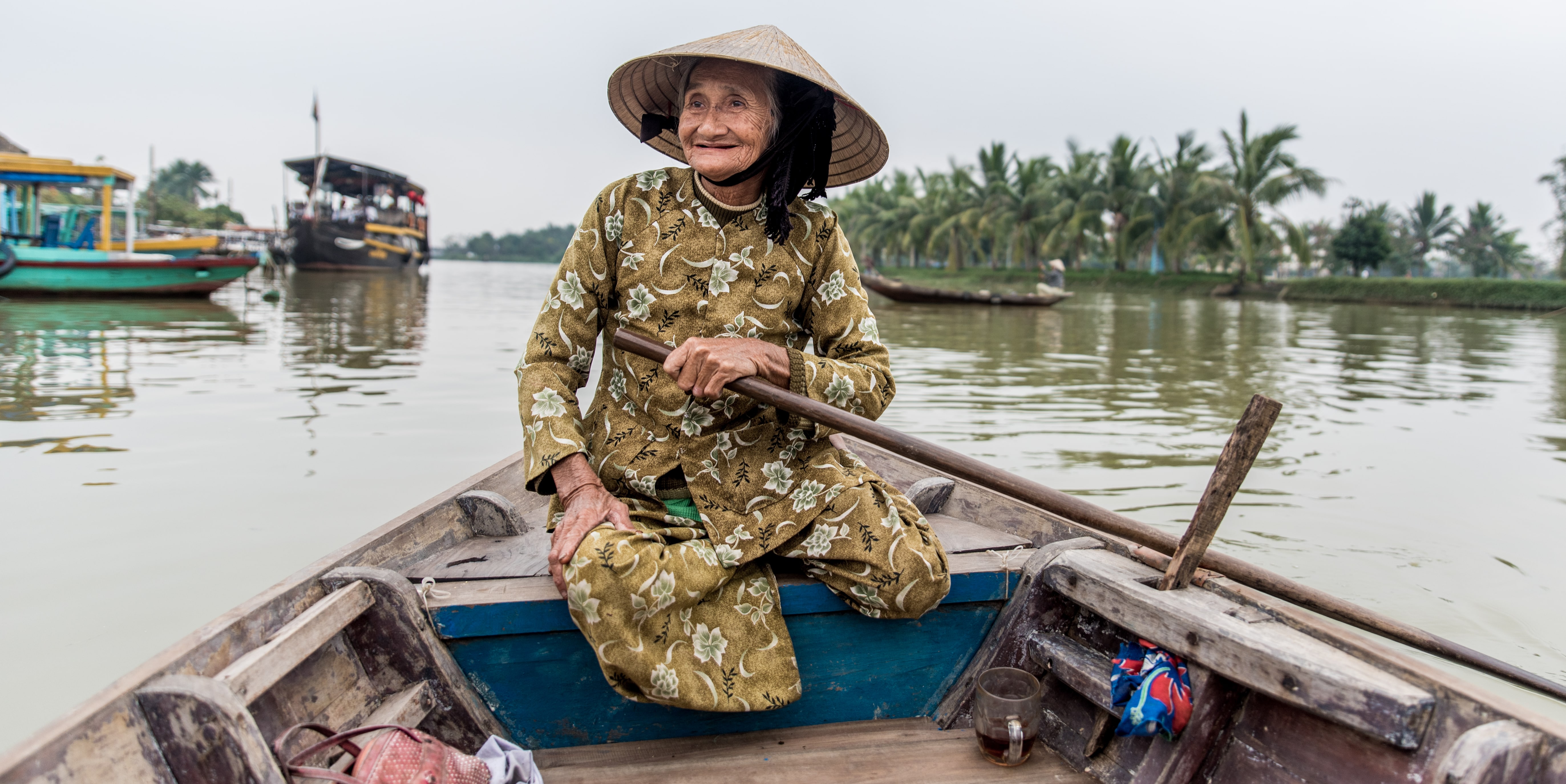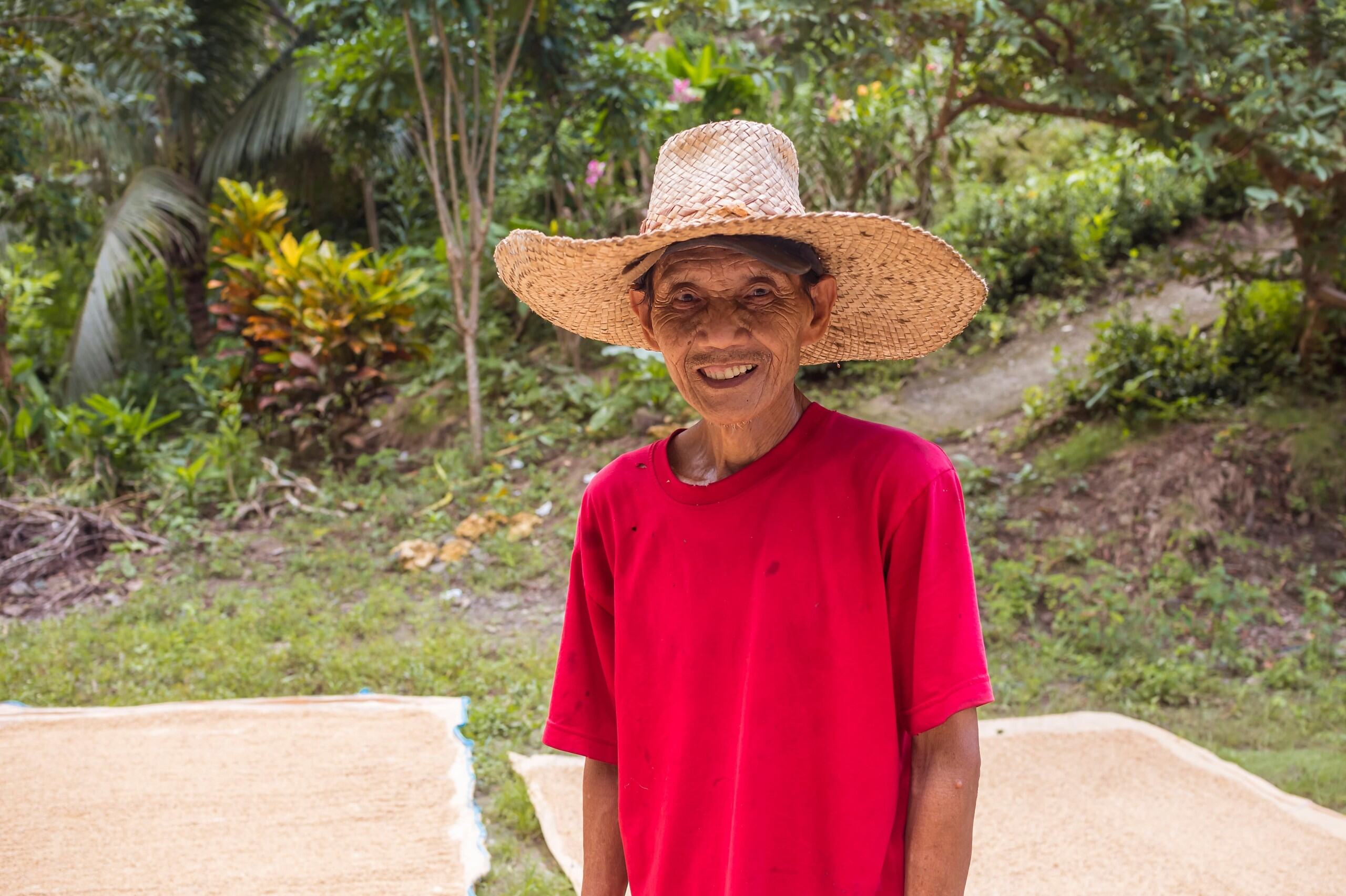News
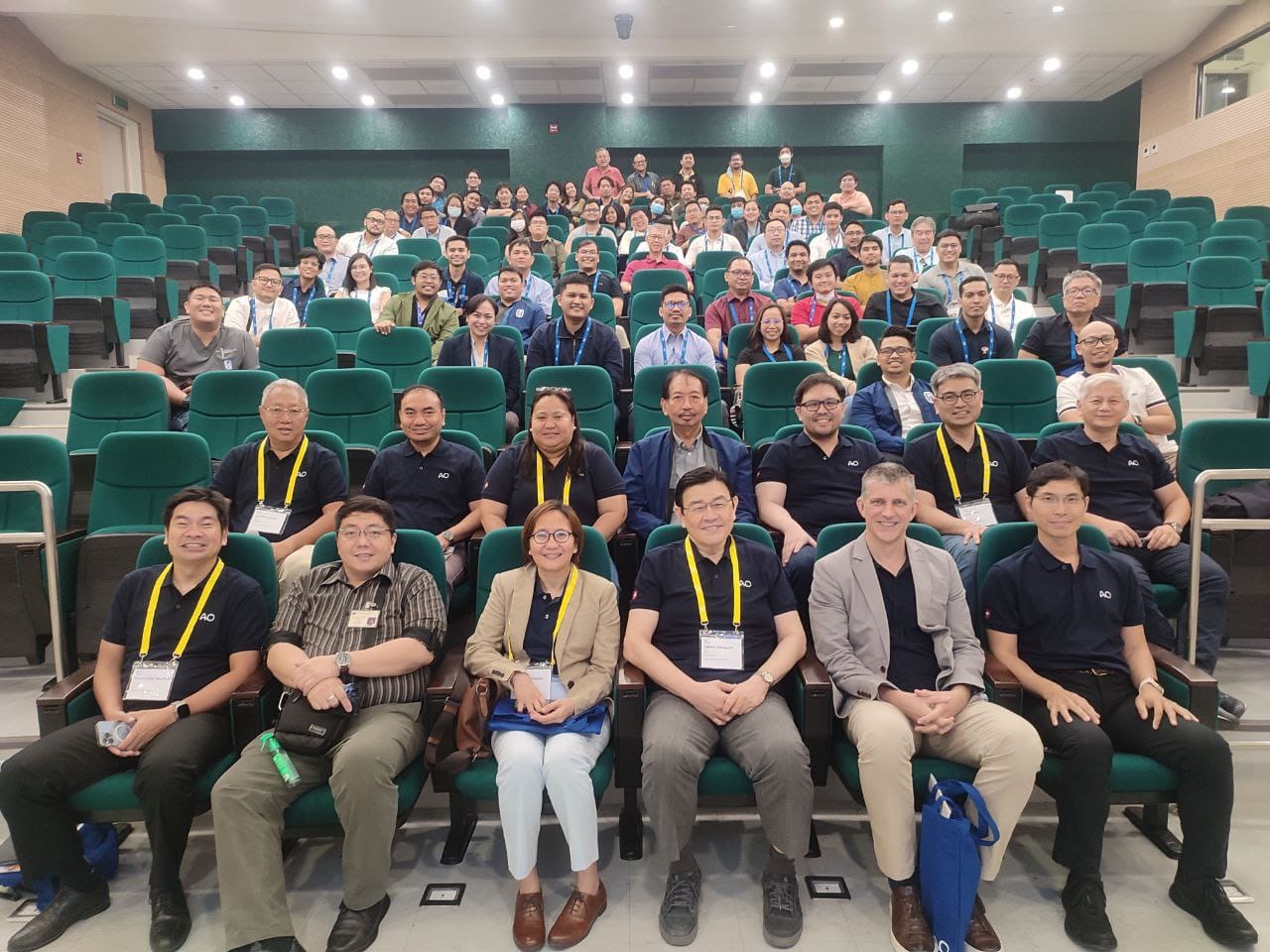
Surgeons in the Philippines meet to discuss multidisciplinary care for patients with fragility fractures
March 2024

Jenna Mendoza-Gonzalez (Trial Manager - Philippines) visits Oxford
August 2024


This research is funded by the NIHR (NIHR203194) using UK aid from the UK Government to support global health research. The views expressed on this website are those of the author(s) and not necessarily those of the NIHR or the UK government.
